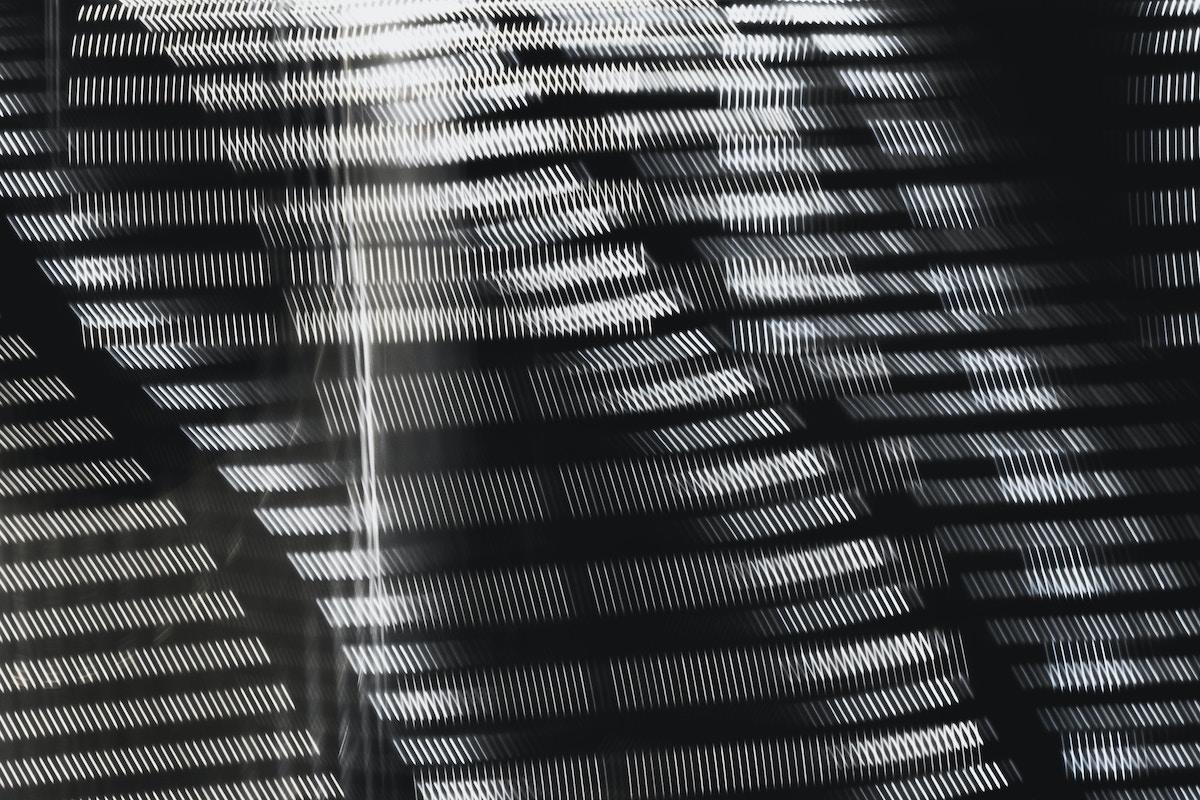Sir Anthony O’Reilly was a man of enormous ability and deep passion. I knew him as Chairman and CEO of H.J. Heinz, then an independent food company substantially owned by the founding Heinz family, and a foundational client for Edelman. Tony was recruited to Heinz after a career in sports, where he starred on the Irish national rugby team.
Tony lived a fantasy existence, replete with a castle in Ireland, a CEO role at a Fortune 500 company and private ownership of a collection of prestigious newspapers from the UK to South Africa. He was a larger-than-life character who treated you as a member of his rugby squad, putting his beefy arm around your shoulder and telling you what he expected you to deliver.
Three quick Tony stories will give you a better picture of the man. He wanted Heinz to take a dominant position in Africa. He made a deal with Zimbabwe President Robert Mugabe to buy Olivine Industries, an edible oils business, from the government. We organized a press event in New York to celebrate the deal. Tony insisted on a prop for the photo opportunity. We produced a giant cardboard can of Heinz beans. O’Reilly presented the can to the President and quipped that its contents caused “certain anti-social effects when eaten in quantity.”
O’Reilly acquired Weight Watchers International and rolled out a line of Weight Watchers Frozen Foods. Dissatisfied with the growth rate of the brand, he personally made a deal with the Duchess of York, Sara Ferguson, who had recently split with the Prince of York. Her personal battle with weight made her a perfect spokesperson for the brand. When the brand was brought in front of Congress for false and misleading advertising, he called me to his home in Bermuda. We went for a walk where he made the case for the brand as a public health benefit for America, then told me to be prepared for the inevitable line of attack that would come from congressmen. For Tony, personal intervention was the only way.
StarKist Tuna was attacked by environmental groups in the early 90s because tuna was being caught in drift nets that caused dolphins to asphyxiate. Edelman worked with Earth Island Institute, Hollywood star Ted Danson and a Congressional committee to initiate StarKist Dolphin Safe Tuna, ensuring that nets would be open at the top to enable dolphins to swim free. Heinz was widely praised as an environmental hero and deeply responsible company. Tony corralled me a year later and told me that I had cost his company $50 million because demand for tuna dried up as the inevitable price increase on the end product was felt by the consumer.
After Tony left Heinz, he acquired china and glass manufacturer Waterford Wedgwood as the basis of building a luxury brands empire. This time the O’Reilly magic failed, and the company went bankrupt. His newspapers also fell on hard times, with the decline in advertising and inability to cope with digital transformation. He was forced to sell his beloved Castlemartin and tone down his lifestyle.
I remember him as a lion of a man, who lived on his own terms, with huge ambition and deep commitment to winning. I learned from him the value of risk-taking, of pushing your team to do their best, and of a belief in business as a force for good in the world. Rest in peace, Tony, you will be missed.
Richard Edelman is CEO.







